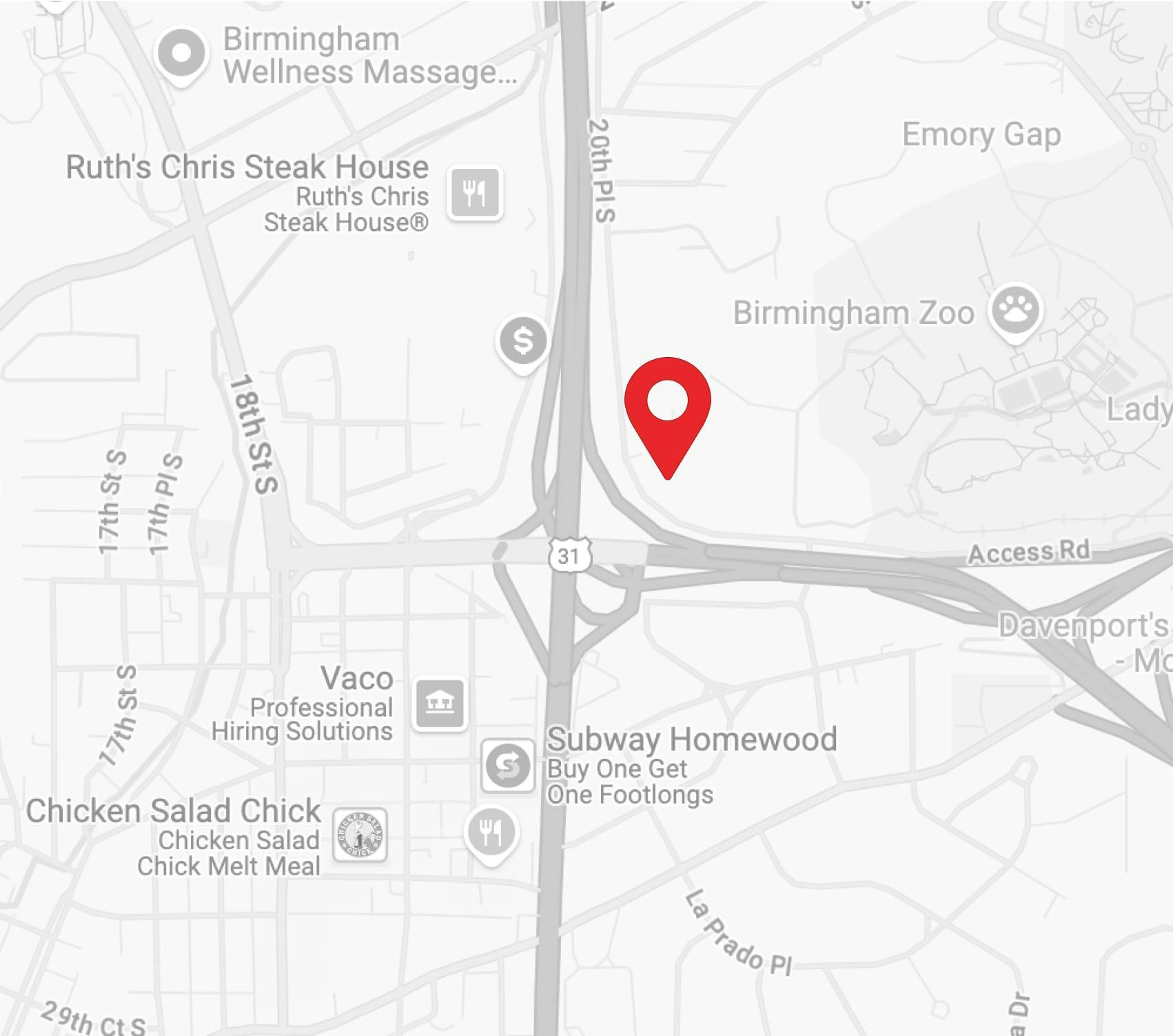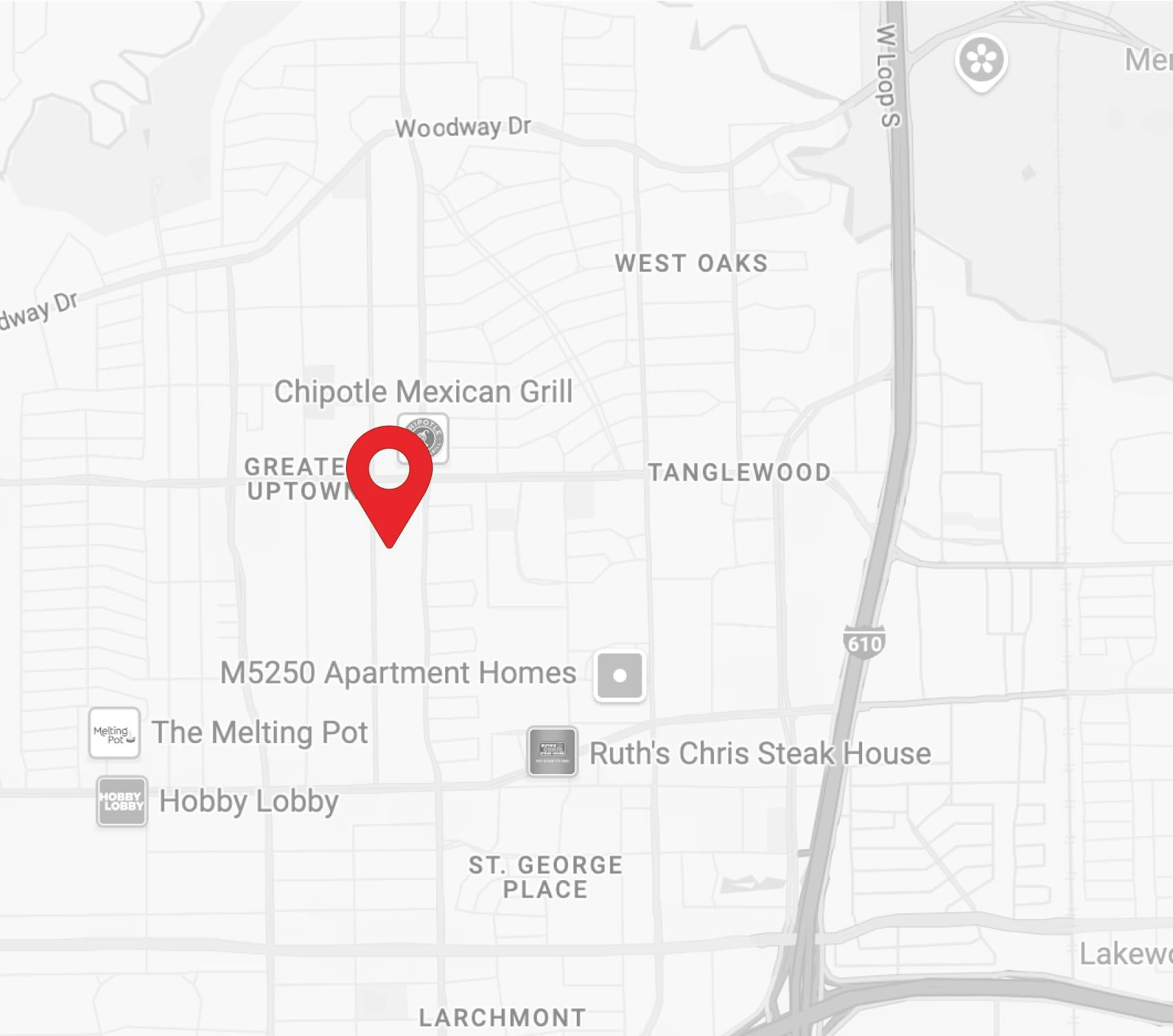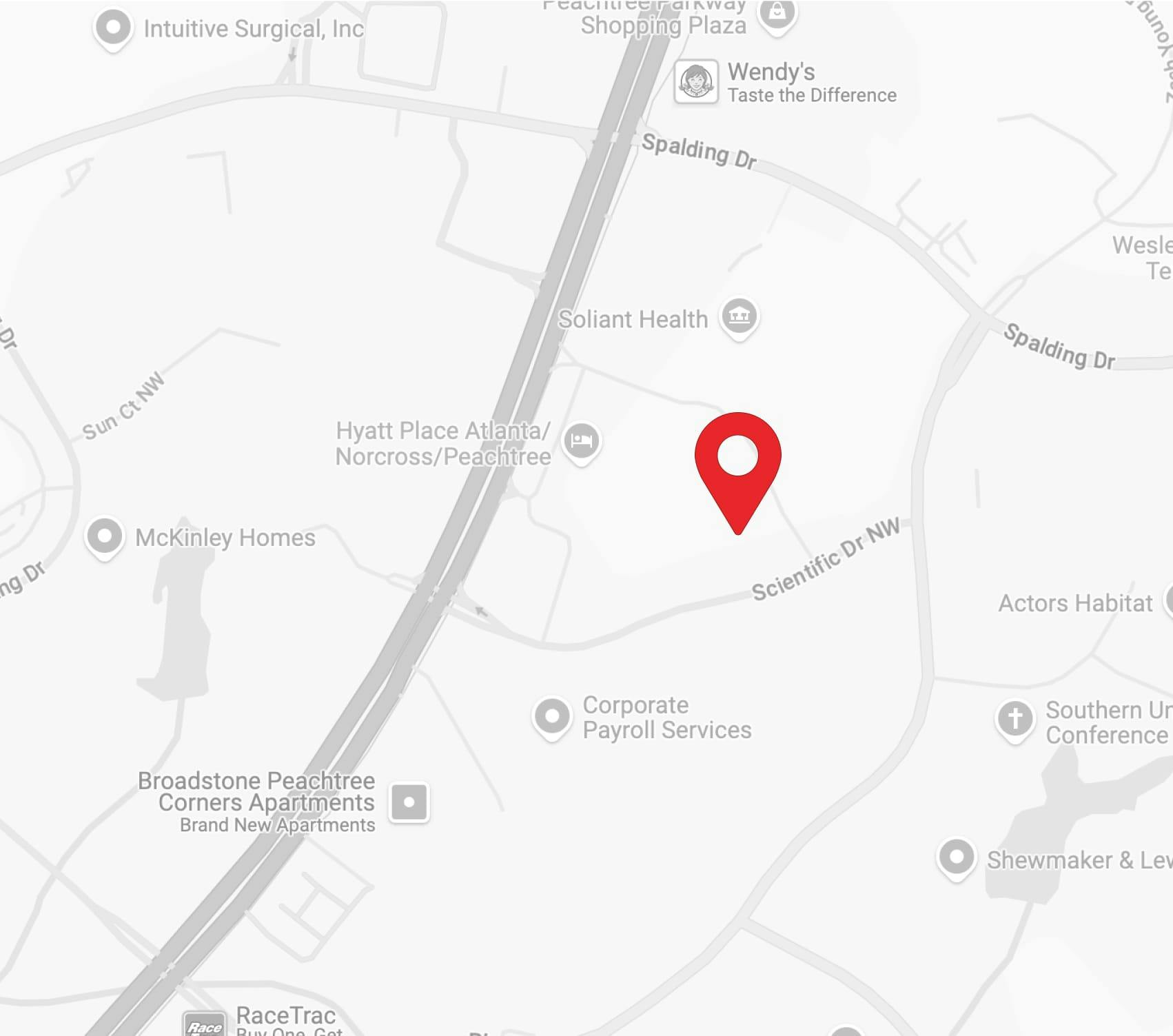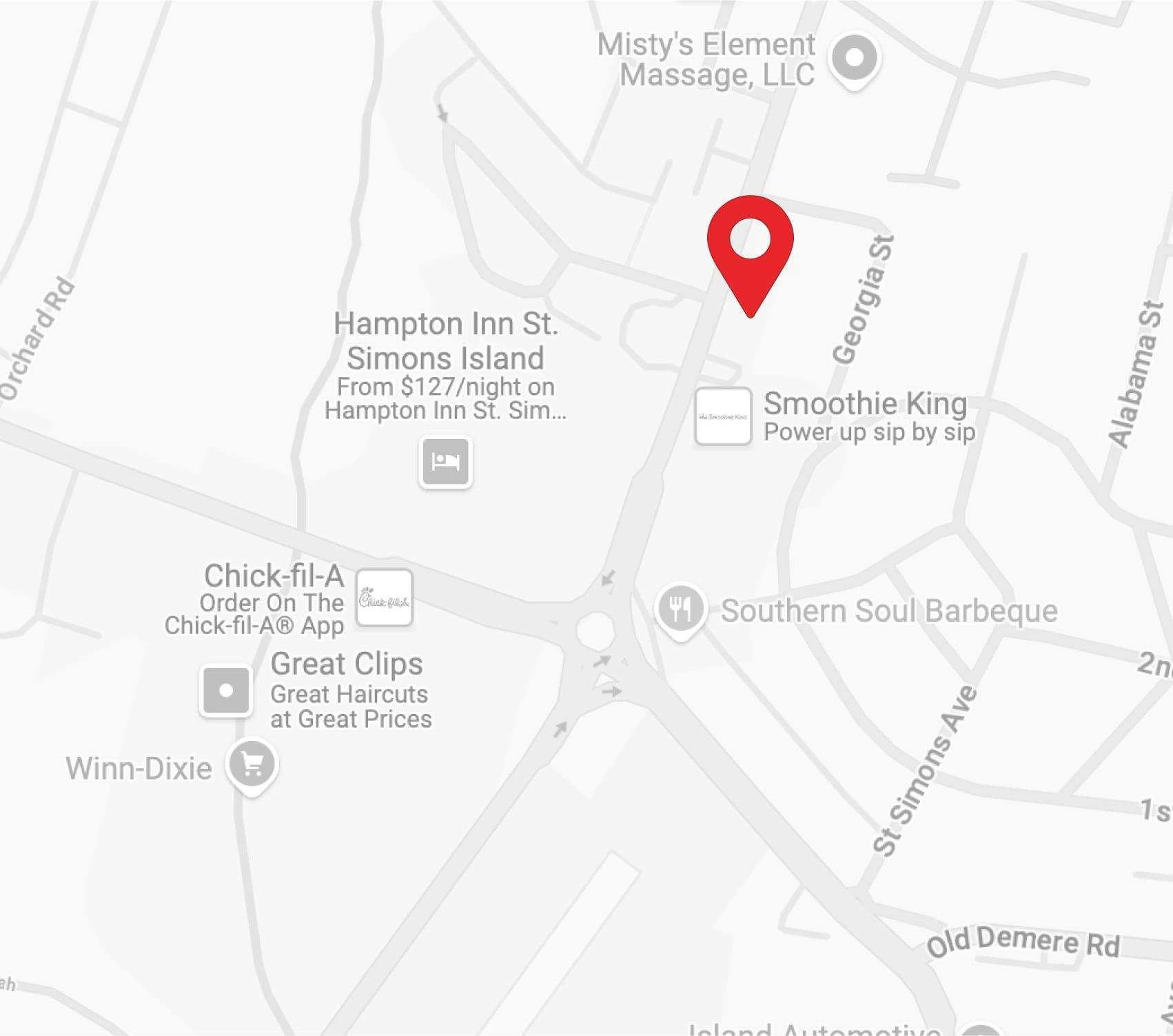When You Need Extra Legal Firepower.
When It’s Time To Crush The Defense.
National Personal Injury Attorneys Who Take On the World's Largest Corporations – and Win.
With more than 125 trials won nationwide and multiple 8-figure verdicts, our trial attorneys know what it takes to deliver maximum outcomes for clients in the most challenging cases.
Fearless Representation, Undeniable Results
At Turnbull, Moak & Pendergrass, we stand by our clients’ side when they need us most. Every client, whether referred or direct, receives unwavering dedication as we fight against powerful corporations to secure the compensation they deserve.
About Us Why Choose Turnbull, Moak & Pendergrass?
At Turnbull, Moak & Pendergrass, we leverage unmatched trial expertise for every case, achieving multi-million-dollar settlements and verdicts for our clients. With a contingency fee structure, we vigorously advocate against powerful insurance companies, ensuring you only pay if we succeed. Our nationally recognized team, with offices in Atlanta, Birmingham, and Houston, is dedicated to safeguarding your future and delivering the justice you deserve.
- National Trial Lawyers
- 127+ Cases Taken to Trial Nationwide
- 116+ Cases Tried to Verdict
- 11 States Licensed to Practice In
- 36 States We’ve Handled Cases In
- 6 Offices across Texas and Georgia
Testimonial Spotlight
“When I hired Brett Turnbull, he told me that I didn’t have to worry and he would take care of everything...He made this really easy for me and my family to focus on healing.”
From Evaluation to Representation, Every Step Matters
Ensuring precision at every stage, we navigate the complexities with expertise and dedication.
Designed, Built, & Ready For Trial Great Outcomes Are Built Long Before Trial.
Excellence at Every Stage of Litigation
At Turnbull, Moak & Pendergrass, we offer unmatched trial expertise for every case, achieving multi-million-dollar settlements and verdicts for our clients. Supported by a contingency fee structure, we relentlessly battle against formidable insurance companies, ensuring you only pay if we succeed. With offices located across Texas & Georgia, our nationally acclaimed team is prepared to safeguard your future and deliver the justice you rightfully deserve.
- Top-Tier Investigators
- Exhaustive Discovery Process
- World-Class Expert Witnesses
- Extensive Public Records Research
- Intensive Medical Review
- Cutting-Edge Visual Supports
- Strategic Structuring of Trial Arguments
- In-Depth Jury Research
- Thorough Witness Preparation
- Strat Tested with Focus Groups & Mock Trials
Master Class - Personal Injury Litigation Master the Art of Personal Injury Litigation with Industry Leaders
Explore the tools, techniques, and strategies that lead to multi-million-dollar verdicts. In this exclusive master class, Brett Turnbull, Andrew Moak, and Philip Pendergrass reveal effective methods to enhance your practice.
- And more...
Turnbull | Moak | Pendergrass Battle Tested Leadership
Our Locations Atlanta
Situated in the vibrant city of Atlanta, we advocate for justice, helping clients secure the compensation they rightfully deserve while expertly guiding them through Georgia's legal landscape.

Our Locations Birmingham
Located in the heart of Alabama, we champion justice, ensuring clients receive the compensation they deserve while navigating local laws with expertise.

Our Locations Houston
Nestled in the vibrant city of Houston, our office is dedicated to advocating for justice. We strive to secure fair compensation for our clients while expertly guiding them through the complexities of Texas law.

Our Locations Peachtree Corners
Located in the heart of Peachtree Corners, GA, our office is dedicated to delivering justice with compassion and expertise. We are committed to helping our clients obtain the compensation they deserve while confidently guiding them through the intricacies of Georgia law.

Our Locations Stone Mountain
Situated in the historic town of Stone Mountain, GA, our office is dedicated to fighting for justice with unwavering commitment. We strive to secure fair compensation for our clients while expertly guiding them through the complexities of Georgia law.

Our Locations St. Simons Island
Located in the scenic coastal community of St. Simons Island, GA, our office is devoted to delivering justice with dedication and expertise. We work diligently to secure fair compensation for our clients while skillfully navigating the complexities of Georgia law.
































